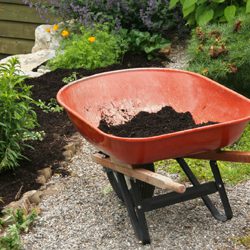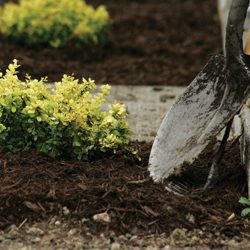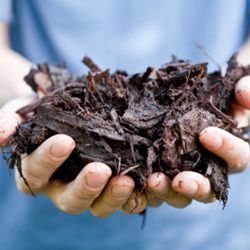Garden centers offer a wide variety of soil amendments, each designed to address specific soil issues or improve plant growth. However, with so many options available, it can be overwhelming for gardeners to determine which amendments are suitable for their soil conditioning needs.
Here’s a breakdown of some common soil amendments and their uses:
Compost: A nutrient-rich organic matter made from decomposed plant and animal materials. Compost improves soil structure, water retention, and provides essential nutrients for plant growth.
Peat Moss: Derived from partially decomposed sphagnum moss, peat moss helps to improve soil aeration and water retention in heavy clay soils.
Vermiculite and Perlite: These lightweight, porous materials are often used in potting mixes to improve drainage and aeration.
Lime: Used to raise the pH level of acidic soils, making nutrients more available to plants.
Sulfur: Conversely, sulfur is used to lower the pH level of alkaline soils.
Gypsum: Helps to improve soil structure and drainage in heavy clay soils by promoting the formation of soil aggregates.
To determine which soil amendments are best suited for your garden, it’s essential to understand your soil’s composition and pH level. A soil test can provide valuable insights into the nutrient levels and pH of your soil, allowing you to make informed decisions about which amendments to use.
Additionally, considering the specific needs of the plants you’re growing can help you choose the most appropriate soil conditioners.









